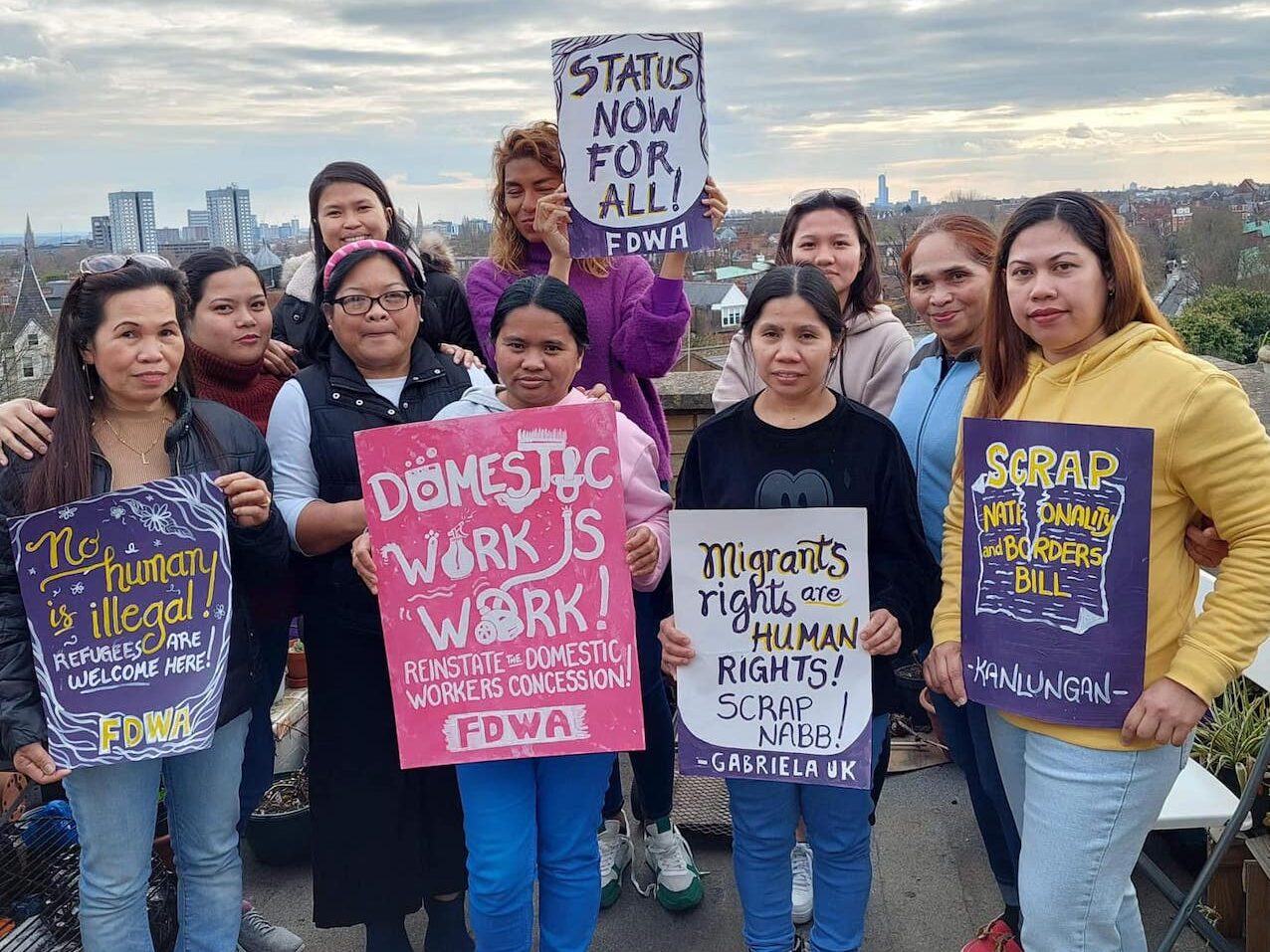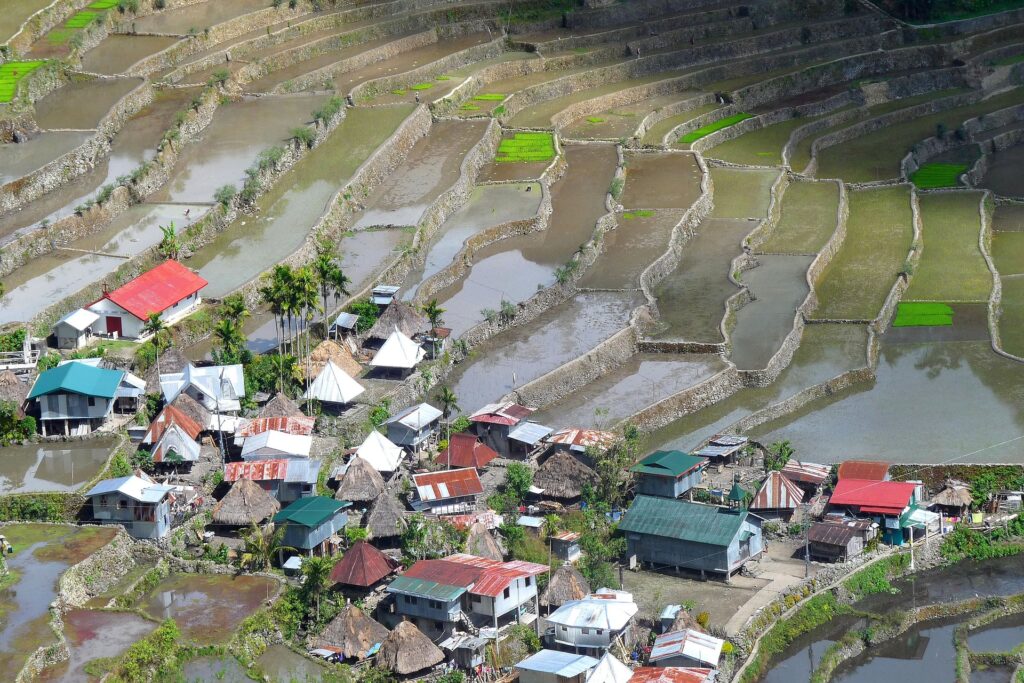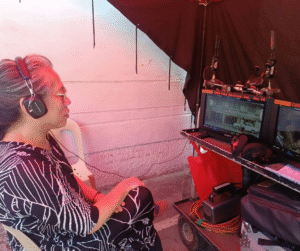by Mari-An C. Santos
with interviews by Liezel Longboan
At the age of 38, *Emma left the Philippines thinking she would work in Qatar for a couple with three children but she ended up taking care of eight children. Her employers were verbally and physically abusive. She hesitated to leave for the sake of providing for her husband and four children back home. When her employers brought her with them to the UK, she found an opportunity to escape and seek help from organisations who assist distressed domestic workers. Her requests for discretionary leave and asylum are pending.
Elsa was 24 years old when she left to go to Kuwait as a domestic worker for a couple with a baby. After one year, her male employer entered the room she shared with her ward and sexually assaulted her. This occurred several times before a neighbour helped her escape and she found temporary shelter at her employment agency where she spent a few months before finally being allowed to go back home.
Erika arrived in London to work as a nurse when she was 27. She initially looked for work in Canada and then New Zealand before she succeeded in her application to the NHS. She worked there for three years within which time, she admits, she was subjected to some patients’ abusive behaviour. She transferred to a private facility in 2019 where she is now a department manager.
Eleanor and her husband Eleoren came to Europe as part of a tour group in their late 30s, then overstayed their tourist visas. Both professionals back in the Philippines, they decided to try their luck as domestic workers and worked for close to seven years for elderly Spanish couples in Spain. They now work as English teachers in international schools in Valencia.
There are as many unique stories of strife and success as there are Filipinos working overseas. It is estimated that ten percent of the Philippine population currently lives abroad.
Profitable policy
Through various global crises, remittances from overseas Filipinos have buoyed the Philippine economy and cushioned it from dire consequences. Before the global pandemic, close to 2 million Filipinos, on average, left the Philippines annually to work in various professions across the world.

In 2020, remittances from Filipinos overseas accounted for 9.6 percent of the GDP. In 2021, the total cash remittances sent by these Filipinos came to USD 31.418 million.
The Philippines’ Central Bank itself acknowledges that the remittances sent by Filipinos working overseas play an integral role in building up the Philippine economy but also caution against the overdependence on them, characterising such as “not healthy”.
Since the labour exportation policy was institutionalised by the government of Ferdinand Marcos in the early 1970s, it has been codified in the country’s Labour Code. Among the sections are details on the ban on direct hiring of Filipinos by overseas employers, requiring all arrangements be made through government-accredited employment agencies; as well as requiring overseas Filipinos to remit a portion of their earnings back to the Philippines and to pay fees to various government regulatory bodies.
Looking after one’s family in the absence of state support
In the Philippines, a great deal of inequality forces university graduates into domestic work despite having professional experience, as with everyone interviewed for this piece. Filipinos, well-known for being family-oriented, ironically, cite the welfare of their family as the main driver for them to leave the familial and familiar in order to earn money in the global North that they then send back as remittances.

Social services and support are sorely wanting in the Philippines. Eleonor says: “In the Philippines, you have to worry about saving for a rainy day. Here, we have social security, so if we get sick, we know that the healthcare system will take care of us. Back home, you have to pay out of pocket for everything, even the surgical gloves and bandages they might use on you.”
The Philippine government has, over the years, maximised the gains of labour exportation by adding even more layers of bureaucracy. Take, for example, a seemingly innocuous document called the Overseas Employment Certificate. The OEC is a pass that Filipinos need to present at ports of departure in the Philippines when leaving for their respective countries of employment. However, it is contentious because it is not only difficult to obtain – involving voluminous paperwork and long lines – but also costly.
The OEC is valid for 60 days and may only be used once. Each and every time a Filipino working overseas leaves the country – say, after visiting friends and family – they need to go through the application process.
In 2021, agencies related to the overseas employment of Filipinos were organised under the Department of Migrant Workers. This further institutionalised the government’s labour exportation policy.
Plight of domestic workers
The global health emergency exposed many frays and fissures in systems and structures, including those that kept the vicious cycle of workers’ migration from the global South to the global North going.
Almost immediately after different countries declared lockdowns in 2020, the International Organization for Migration reports, overseas deployment of Filipinos dropped by 75 percent and, upwards of 300,000 Filipino workers, having lost their jobs, returned.
In 2021, the Philippine average unemployment rate dipped to 7.7 percent.

Around 17,000 domestic workers arrive every year in the UK. Here at TinigUK, we have discussed the plight of migrant workers related to the Overseas Domestic Worker visa, also called Tied Visa – conjuring ties that bind, hinder, and constrict – introduced in 2012, that restricts a migrant workers’ stay to six months and with only the original employer.
During the height of Covid-19, along with mental, psychological anguish, Filipino domestic workers lost their jobs or were subjected to inhumane conditions as their families tried to survive the effects of the virus. Subsequently, the number of undocumented migrant workers has increased, making them more vulnerable to all forms of abuse and exploitation.
We continue to advocate for the reinstatement of migrant domestic workers’s concessions and call for the UK to ratify and implement the International Labor Organization Convention Concerning Decent Work for Domestic Workers – Domestic Workers Convention 189.
Hurdles to qualify as a nurse in the UK
Meanwhile, Filipinos make up a large percentage of healthcare workers in the UK. According to the Nursing and Midwifery Council database, there were 38,500 Filipinos registered as professionals in 2021.
The journey of nurses from the Philippines is also arduous. For example, Eliza had to take the IELTS two times before she met the required 7.0 overall score. Since 2018, she has worked in the NHS in England. Applicants must pay various fees for qualification evaluation and registration.

Aside from the IELTS, they need to take the NMC Test of Competence which is composed of two parts: the computer based test (CBT) and the objective structured clinical examination (OSCE). These are exams required for nurses coming from outside the European Union. After passing the CBT prior to employment, Filipino nurses also need to pass the OSCE before they can secure their roles in the UK.
Like the rest of the world, the UK’s healthcare sector experienced a beating during the Covid-19 crises. Filipino nurses narrate harrowing scenes of personal risk – including being infected themselves–as they scrambled to care for the rising cases of infections.
Systemic, not symptomatic changes
Most societies have gone back to a semblance of normalcy but the structures and systems have not improved to reflect the lessons of the pandemic. Instead, they have been boarded up or bandaged over. Why fix it, anyway? Already, there was an increase in remittances sent by Filipinos overseas from 2021, and expected to continue as industries, including tourism and healthcare, once again accelerate.
“If only I could work in the Philippines and receive the same or comparable salary as I do here, I would go back,” says Erika. Her sentiment is echoed by many Filipinos all over the world.
In October 2022, the United Nations Research Institute for Social Development (UNRISD) published its report Crises of Inequality: Shifting Power for a New Eco-Social Contract that examines the deeply-rooted problems that have resulted in the multi-layered crises that challenge all societies. Intersecting inequalities of gender, class, race, ethnicity, informality, and migrant status are brought to bear on migrant workers and their struggles borne out of the layers of crises, including economic, political and of care, and, most recently, exacerbated by Covid-19.
The problems are systemic. Rather than fill in the gaps, a paradigm shift and reassessment of the way things are done should be undertaken. Drastic, revolutionary changes need to be made in order to address and eradicate the problems that plague this late capitalist, neoliberal society that the world has been experimenting with for more than a century. This includes treating all human beings humanely and addressing inequalities at the root of the desperate need for migration. There needs to be an eco-social turn.
The UNRISD report proposes a multi-pronged, whole-of-society approach to tackling the problem head-on and finally making lasting and sustainable solutions – resulting in “a new eco-social contract and a new development model based on a new sustainable development model that is more inclusive, egalitarian, and in harmony with the earth.”
We all inhabit one world. There must be a way to enliven and enrich the commons so that future generations will inherit a truly sustainable world.
*All interviewees’ names have been changed to protect their privacy.













